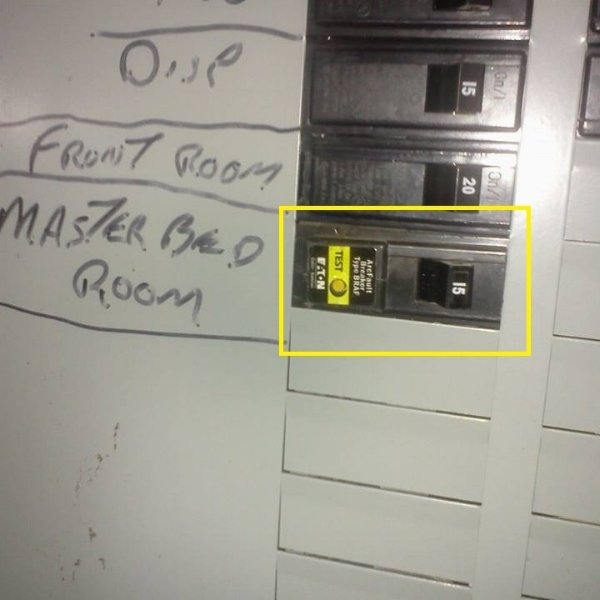What Is An AFCI: What You Need To Know
What is an Arc Fault Circuit Interrupter?
An Arc Fault Circuit Interrupter, or AFCI, is a safety device designed to prevent fires caused by unsafe wiring conditions. Unlike a Ground Fault Circuit Interrupter (GFCI) which is designed to address shock hazards, an AFCI is designed to address fire hazards. In other words, while a GFCI is designed to protect people by shutting down if there is a current anomaly, a circuit breaker is designed to protect the wiring by interrupting power if there is an overload, and a AFCI is designed to protect against heat (fire) by shutting down the outlet.
Arcing faults are the primary cause of over 30,000 electrical home fires each year. An AFCI responds to an electrical arc by shutting down the breaker or outlet. A typical arc, caused by faulty wiring, can also occur as the result of a heat appliance such as an iron, toaster, or portable heater.
What is an arc?
An arc is an electrical current through the air. Most arcs are harmless. But, if an electrical system has damage, such as a loose wire, an arc can create a temperature of over 5000 degrees, cause a fire, and never trip a conventional breaker in the process.
AFCI devices are now required by the National Electrical Code to be installed for use in all bedrooms and sleeping areas (such as rooms with a fold-out couch). This is especially important because when people are sleeping, they can become victims of smoke inhalation before they ever have a chance to wake up.
Who can benefit?
AFCIs are especially warranted in homes with elderly people and those with mobility issues. They also make sense to place in homes with children or the disabled. Businesses which often use heat-type appliances can also benefit. Eventually, they will be used in more applications where fire safety is a concern.
Types of AFCIs
There are half a dozen types of AFCIs, ranging from outlet AFCIs, circuit breaker type AFCIs, portable AFCIs and combination types. AFCIs are also naturally GFCIs; however, they are not at the Class A level. Some AFCIs have the capacity to indicate whether they’ve been tripped as the result of an arc fault or a ground fault, which is certain to be useful in a number of situations.
Conclusion
As time goes on and new safety devices are developed, more lives and property can be saved from fires and electrocutions. We often take electricity for granted, due to its ubiquitous nature and availability, but in spite of its reliability, hazards still exist, and we must take the long view of these dangers, since a small electrical problem can have an enormous impact.
If you have concerns about the electrical system for your home or business, schedule a consultation with a licensed electrician. Dealing with small issues is a worthwhile endeavor to prevent an electrical concern from becoming a shock or fire hazard.
RSB Electrical offers electrical appliance wiring, porch light installation, chandelier installation, and smoke detector installation services in Mesa, AZ. We also specialize in outdoor lighting installation, electrical retrofitting, and new home wiring. Call 480-485-4284 for more information.


